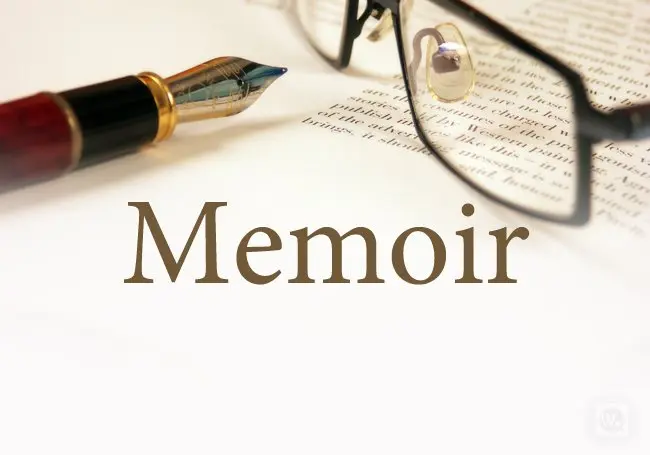In the last two decades, Nigeria has witnessed a proliferation of memoirs authored by former public office holders. These individuals, ranging from ministers to special advisers, have sought to immortalise their experiences in the political arena. However, a critical examination of these memoirs reveals a common thread – a reluctance to delve into the darker aspects of their public service. The question that begs to be answered is: why do these memoirs often present a sanitised version of reality rather than an unvarnished truth?
One cannot discuss memoirs in Nigerian politics without acknowledging the trend set by notable figures like Nasir El-Rufai, Segun Adeniyi, Bolaji Abdullahi, and Waziri Adio. More recently, Femi Adesina and Babatunde Raji Fashola have joined the league of memoirists. These publications offer readers a glimpse into the inner workings of the corridors of power, but they also raise concerns about the veracity of the narratives presented.
The fear of legal repercussions looms large over any public official contemplating an honest memoir. Corruption allegations, mismanagement of public funds, and other ethical breaches could lead to severe consequences, including imprisonment. In a country where anti-corruption efforts have gained momentum, public officials treading on the path of truthfulness risk being entangled in legal battles that could tarnish their legacies.
The complexity of the Nigerian political landscape further compounds the dilemma for potential memoirists. In a system where patronage, nepotism, and backdoor dealings are often the norm, exposing the truth about one’s actions during their tenure could have far-reaching consequences. The unwritten code of silence among political elites discourages openness and breeds an environment where selective amnesia becomes a survival strategy.
Moreover, societal expectations play a significant role in shaping the narrative of these memoirs. Public officials, aware of the high regard placed on their moral character, are compelled to present a sanitised version of their experiences. Admitting to wrongdoings, whether personal or professional, could lead to severe public backlash and the erosion of the goodwill accumulated over the years.
In the realm of memoirs, the concept of truth becomes subjective. What is presented to the public is often a carefully curated version of events, designed to elicit sympathy, admiration, or forgiveness. The memoirists may argue that they are attempting to preserve a positive legacy for their families and future generations, but in doing so, they perpetuate a culture of half-truths and misrepresentation.
To break free from this cycle of selective memory, public officials must embrace a more transparent approach to memoir writing. It is imperative for them to acknowledge the flaws, mistakes, and ethical lapses that occurred during their time in office. By doing so, they contribute to a more honest and accountable political culture, fostering a sense of trust between the governed and the governing.
The question then arises: what should memoirs be like in the context of Nigerian politics? A truly impactful memoir should transcend the traditional narratives of success and achievements. It should delve into the challenges faced, the tough decisions made, and the lessons learned. A sincere memoir should not shy away from discussing the failures, acknowledging the missteps, and accepting responsibility for the consequences of one’s actions.
A model memoirist would be one who recognises the need for systemic change in Nigeria’s political landscape. Such an individual would use their experiences to advocate for reform, transparency, and accountability. A truthful memoir should serve as a catalyst for societal introspection and contribute to the ongoing conversation about ethical governance.
In conclusion, the wave of memoirs authored by Nigerian public officials reflects a broader dilemma within the country’s political landscape. The fear of legal repercussions, societal expectations, and the prevailing culture of selective amnesia all contribute to the reluctance of public officials to pen truly honest accounts of their time in office. However, breaking free from this trend is essential for the advancement of transparent governance. It is time for memoirists to embrace a more authentic approach, one that acknowledges the complexities of public service and paves the way for a more accountable political culture in Nigeria.





